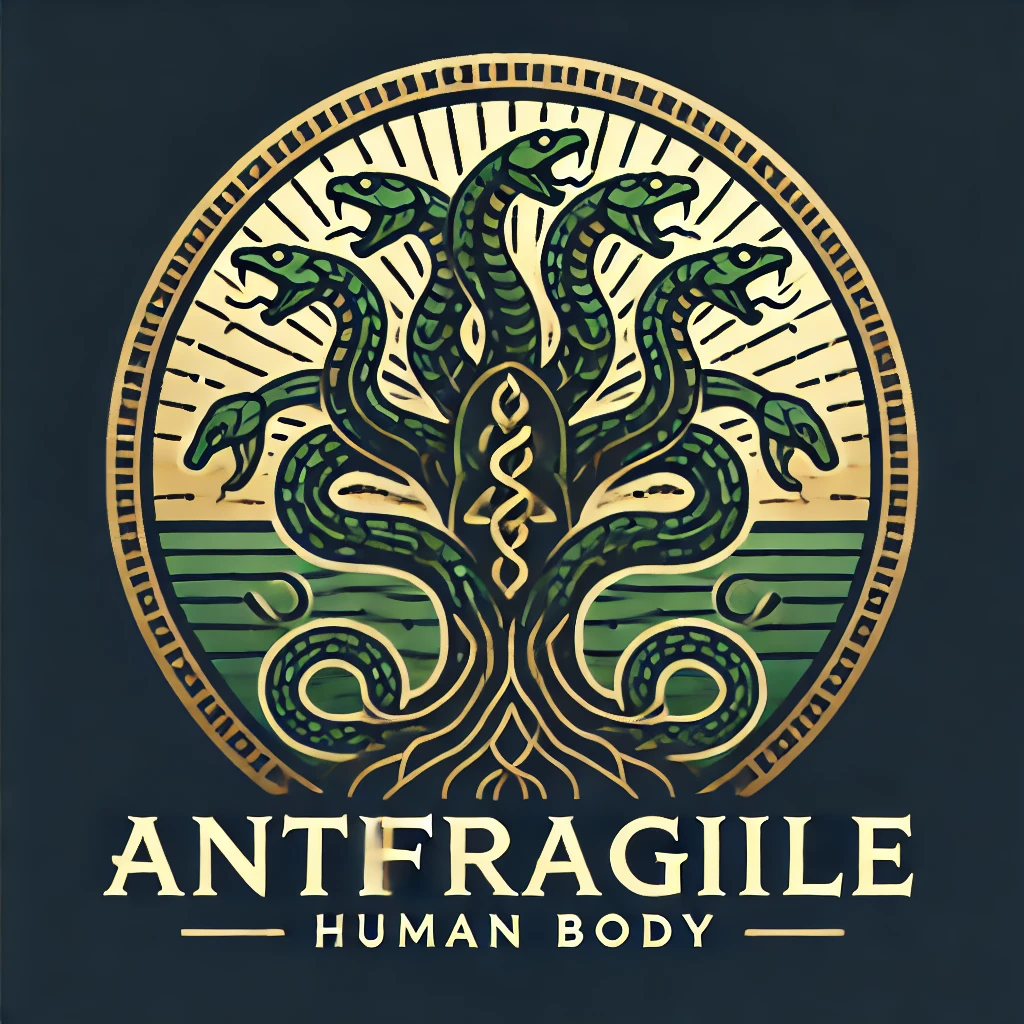
Digestive System Adaptation to Dietary Stressors
The digestive system, which includes the stomach, intestines, liver, and pancreas, demonstrates antifragility through its ability to adapt and thrive in response to various dietary stressors. When exposed to a diverse range of foods, the digestive system adjusts its enzyme production, alters gut motility, and modifies the absorption processes to efficiently handle different nutrients. For example, the body increases the production of specific enzymes to break down complex carbohydrates or proteins, allowing it to process these nutrients more effectively over time. These adaptations not only improve digestion but also enhance overall nutrient absorption, showcasing how the digestive system grows stronger in response to dietary challenges.
Gut Microbiome and Its Role in Strengthening the Digestive System
A significant aspect of the digestive system’s antifragility is the gut microbiome—the diverse community of microorganisms living in the intestines. The microbiome adapts to changes in diet, environment, and health status, often becoming more diverse and resilient in response to these challenges. For instance, a varied diet rich in fiber, prebiotics, and probiotics fosters a more diverse microbiome, which is associated with improved digestion, enhanced immune function, and better overall health. The ability of the microbiome to adapt and evolve in response to dietary changes highlights the antifragility of the digestive system, as it becomes more robust and capable of managing future dietary stressors.
The Consequences of a Monotonous Diet on Digestive Fragility
However, the digestive system, like other antifragile systems, can become weakened when not exposed to sufficient dietary variety or challenges. A monotonous diet lacking in fiber, diversity, or essential nutrients can lead to a less diverse gut microbiome, making the digestive system more susceptible to issues like irritable bowel syndrome (IBS), food intolerances, or infections. The lack of dietary challenges deprives the digestive system of the stimulation it needs to maintain a robust and diverse microbiome, leading to reduced digestive efficiency and overall health. This fragility demonstrates how the digestive system, when not regularly challenged, can become less capable of handling stress and maintaining optimal function.
Building Digestive Resilience Through Dietary Diversity and Challenges
In contrast, when the digestive system is regularly challenged through a varied and balanced diet, it not only maintains its functionality but also enhances its resilience. Incorporating a wide range of nutrients, fibers, and probiotics into the diet stimulates the growth of beneficial gut bacteria, improves enzyme production, and promotes efficient digestion and absorption. These practices help maintain a diverse and robust microbiome, which is crucial for overall digestive health. The digestive system’s ability to grow stronger and more efficient through regular, controlled dietary challenges is a clear demonstration of its antifragile nature, thriving by adapting to and improving with each dietary stressor it encounters.
Questions:
- How does the digestive system demonstrate antifragility through its adaptation to dietary stressors?
- What role does the gut microbiome play in strengthening the antifragility of the digestive system?
- What are the potential consequences of a monotonous diet on the antifragility of the digestive system?
- How does dietary diversity contribute to the resilience and functionality of the digestive system?
- What specific adaptations occur in the digestive system as a result of exposure to a varied diet?
- Why is it important for the digestive system to experience a balance of dietary challenges and rest to maintain its antifragility?